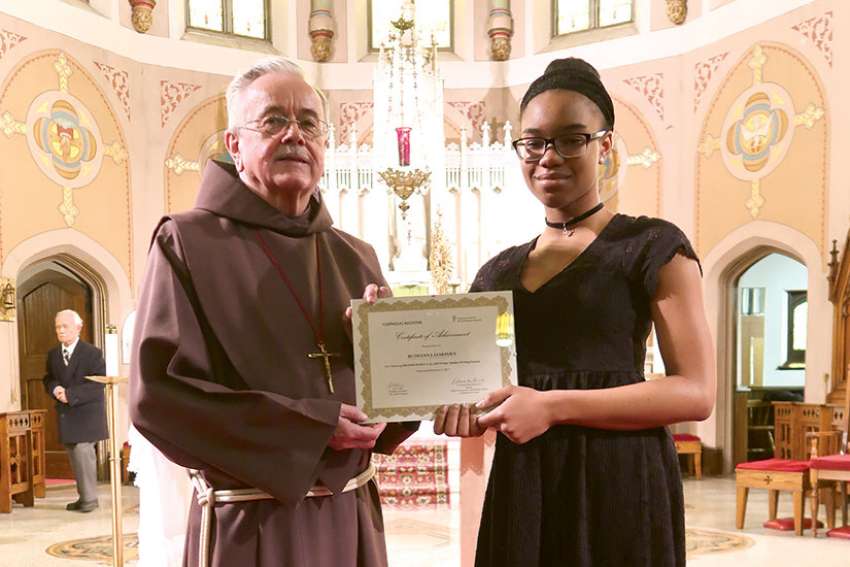Though that may sound quite simple, it can be considerably hard to find a way to make two different points of view see things from the same angle. Personally, I am a rather stubborn person and have, multiple times, found myself refusing to look at things any other way than my way. And by doing that, I tend to sometimes be unhelpful to situations. After reading the given passage I truly realized just how much unity matters.
This year is going to be the 500th anniversary of the Protestant Reformation. Five hundred years ago, Martin Luther decided to speak up about his doubts on the legitimacy of indulgences of the Roman Catholic Church and the plenitudo potestatis of the pope. Know that Martin Luther was not a rebel. He was not trying to start his own religion. He simply disagreed with the indulgences of the Roman Catholic Church and decided to say something. Luther’s objections to the indulgences of the Church caused this huge controversy and from that, rose a new church.
It seems over the years, tension has built up and wedged itself between the Christian communities. Sure, the denominations of the Church have their own ways of worshipping Christ, but guess what? They all worship the same person. Or shall I say, people? The Father, the Son and the Holy Spirit. The Holy Trinity. We, as Christians, all read the Bible. We all go to church. We all pray to the same guy, Jehovah. YahWeh. God. The Great I Am. No matter what name you’d like to call Him, He is still God. The same God that created our universe in six days. The same God who rescued the Israelites from slavery in Egypt. The same God who gave His only Son, so we can live forever with Him in the kingdom of Heaven.
This is the God we worship. Not just Catholics, not just Baptists. All Christians worship Him. And His Son that died for us. In 2 Corinthians 5:17, St. Paul says: “Therefore, if anyone is in Christ, the new creation has come. The old has gone, the new is here!” Jesus died for all of us. He risked his life so anyone who truly believes may have eternal life.
God sent Jesus to reconcile with us. As I said before, reconciliation is to restore relations with friendliness, to bring harmony and agreement. The astounding goodwill and grace that God provided to us is the beautiful present of reconciliation.
It doesn’t get much better than that.
To all the denominations of the Christian Church: we are not that different from each other. We don’t need to be separated. Not really. I, myself, am a proud member of Erin Mills Baptist Church. But I go to a Catholic high school. I attend the Masses though it is not what I practice and in my Religion class I learn about Catholicism and its connection to our daily lives.
Believe it or not, Religion is my best class, I am passing with a 98%. Now, that doesn’t mean that all of a sudden I’m converting to Catholicism. It just means I’m trying to see the world from a different angle, from a different point of view. And that is what I think all Christians should try to do.
(Lemonius, 14, is a Grade 9 student at Loyola Catholic Secondary School in Mississauga, Ont.)


